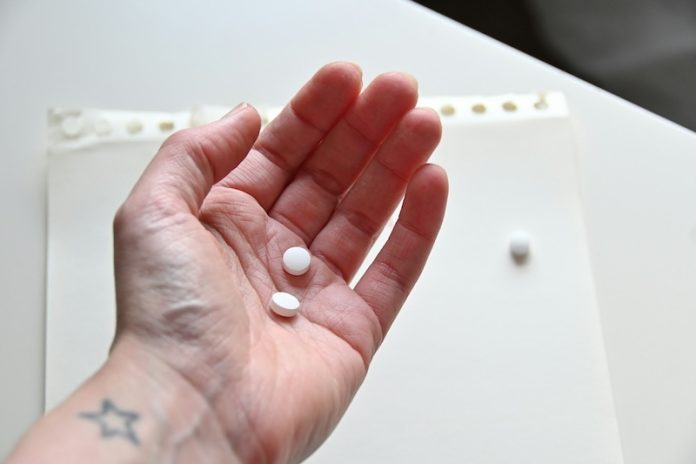
High blood pressure, or hypertension, is a common condition that increases the risk of heart disease, stroke, and kidney problems. For people diagnosed with high blood pressure, taking medication is often an important part of managing their health.
But when is the best time to take these medications? Should you take them in the morning, at night, or does it even matter? Let’s explore what research says about the timing of blood pressure drugs and why it might make a difference.
Traditionally, doctors have advised patients to take their blood pressure medication in the morning. The reasoning behind this is simple: blood pressure tends to be higher during the day when people are active and under stress.
Taking medication in the morning can help control blood pressure during these peak hours. However, newer research suggests that nighttime dosing may be more effective for some people, especially in reducing the risk of heart attacks and strokes.
One large study, called the Hygia Chronotherapy Trial, made headlines by showing that people who took their blood pressure medication at bedtime had better control of their blood pressure and a lower risk of heart problems.
Over 19,000 participants were followed for several years, and those who took their medication at night had about a 50% lower risk of heart attacks, strokes, and other cardiovascular events compared to those who took their medication in the morning.
This study suggested that nighttime dosing might align better with the body’s natural rhythms, which could make the medication more effective.
Why might taking blood pressure medicine at night work better for some people? Blood pressure naturally drops during sleep in healthy individuals, a process known as “nocturnal dipping.”
However, for some people with high blood pressure, this drop doesn’t happen as it should, or their blood pressure may even rise during the night. This nighttime pattern is associated with a higher risk of heart and kidney problems.
Taking medication before bed can help normalize blood pressure during sleep, potentially offering extra protection for the heart and blood vessels.
That said, not everyone should switch to taking their blood pressure medication at night. The type of medication matters. For example, diuretics (commonly called “water pills”) are often taken in the morning because they increase urination.
Taking these at night could lead to disrupted sleep due to frequent trips to the bathroom. Similarly, some people may have a medical condition or schedule that makes morning dosing more practical or safer.
It’s also important to note that not all studies agree on the benefits of nighttime dosing. Some research suggests that for certain individuals, especially those whose blood pressure is well-controlled, the timing of the medication may not significantly impact long-term outcomes.
This means that the “best” time to take blood pressure medicine can vary depending on the person.
The most important thing is consistency. Blood pressure medications work best when taken at the same time every day. Skipping doses or taking them irregularly can lead to poor blood pressure control and increase the risk of complications.
If you’re considering changing the timing of your medication, it’s essential to talk to your doctor first. They can help determine what works best for your specific situation, taking into account your health, lifestyle, and the type of medication you’re on.
Ultimately, managing high blood pressure is about more than just medication. A healthy diet, regular exercise, stress management, and limiting salt and alcohol intake are all key parts of controlling blood pressure.
Medications play a crucial role, but when combined with these lifestyle changes, they can be even more effective at reducing your risk of serious health problems.
By understanding your options and working with your healthcare provider, you can find the best strategy to keep your blood pressure under control and protect your long-term health.
Whether it’s morning, evening, or something in between, the goal is the same: keeping your heart and blood vessels healthy for years to come.
If you care about high blood pressure, please read studies that early time-restricted eating could help improve blood pressure, and natural coconut sugar could help reduce blood pressure and artery stiffness.
For more health information, please see recent studies about added sugar in your diet linked to higher blood pressure, and results showing vitamin D could improve blood pressure in people with diabetes.
Copyright © 2024 Knowridge Science Report. All rights reserved.



